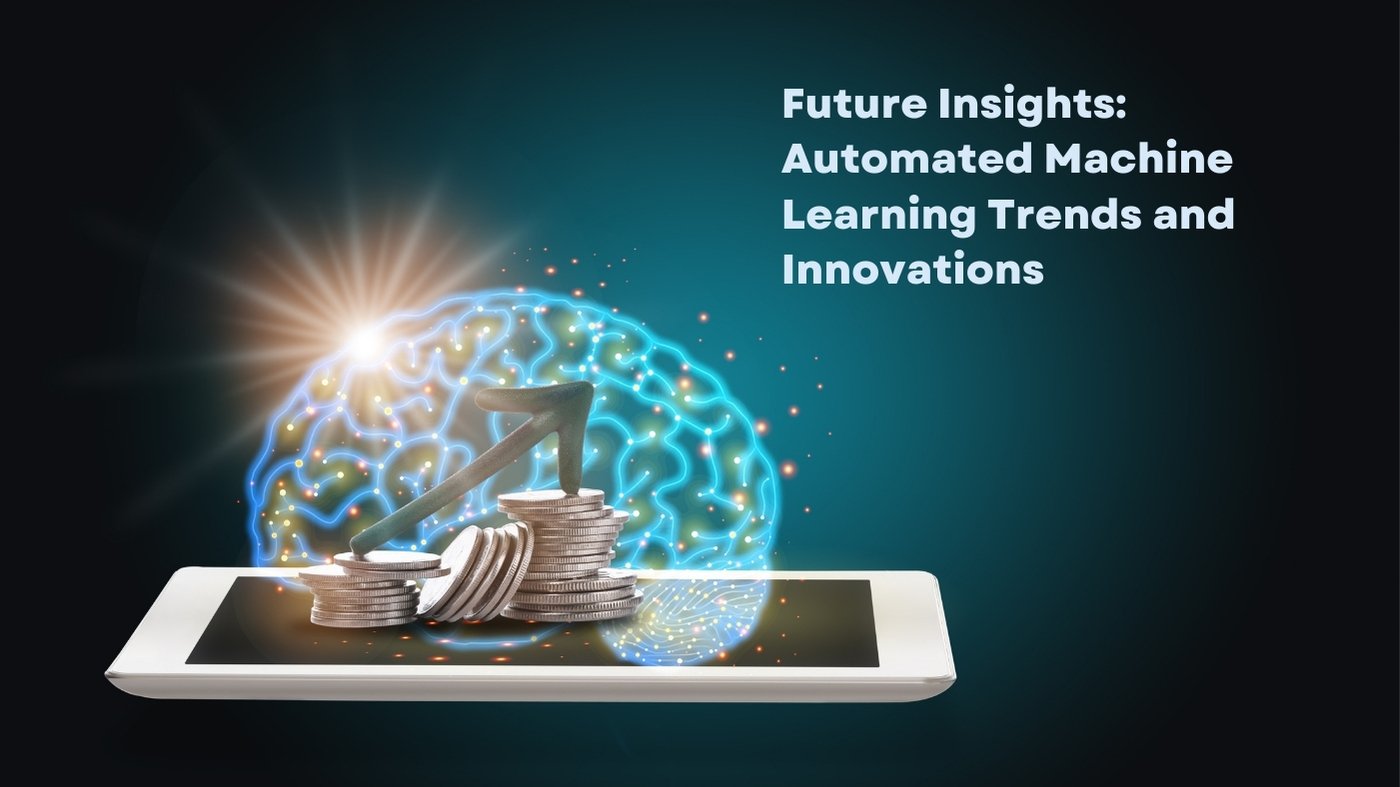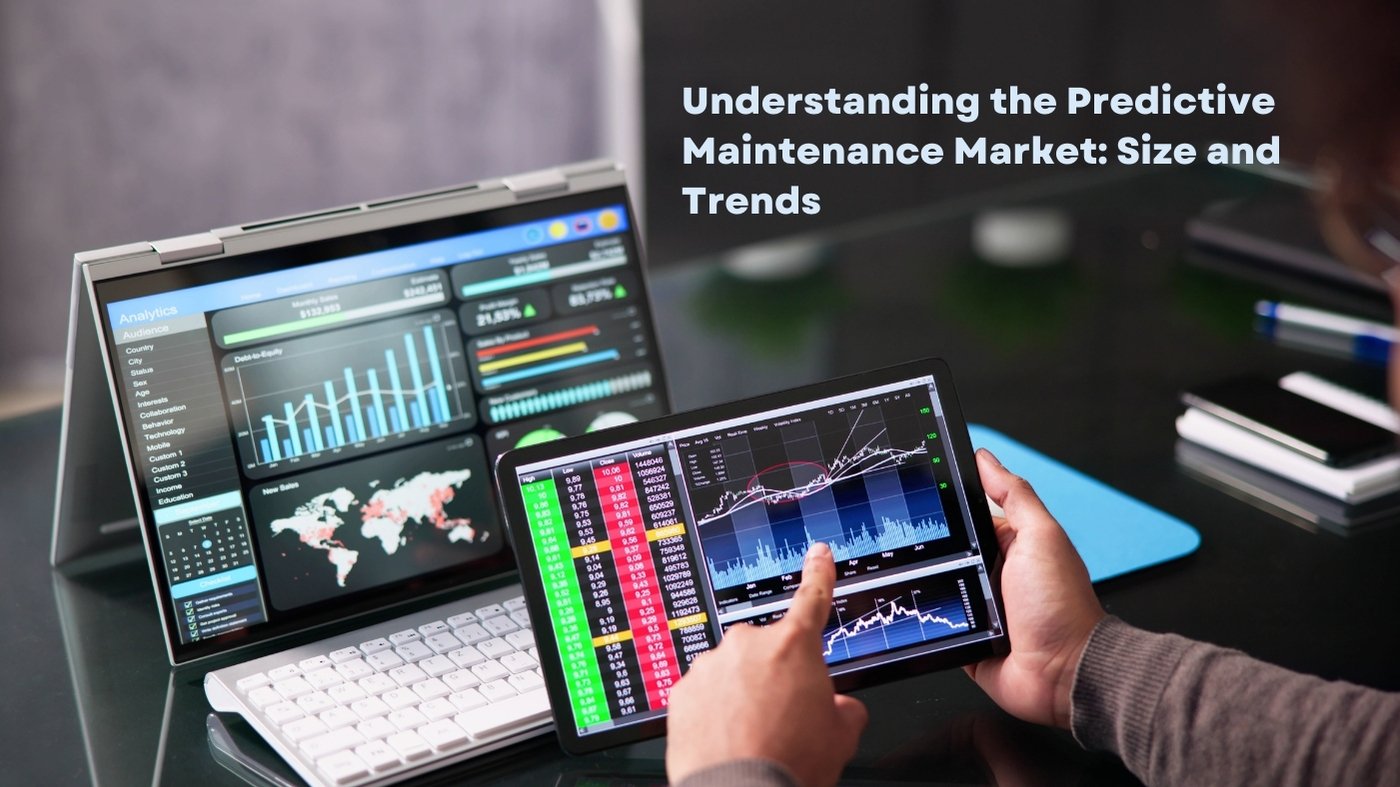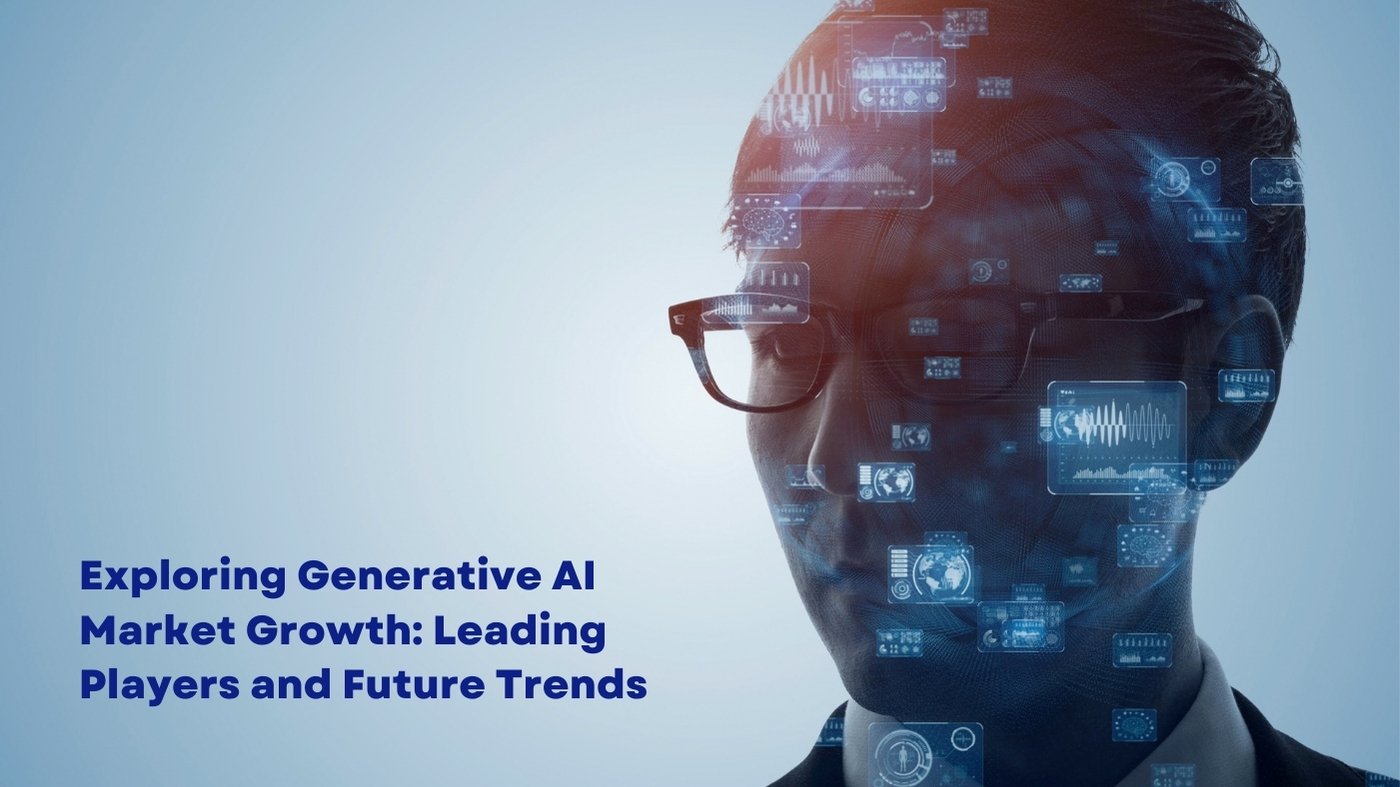The global Automated Machine Learning (AutoML) market is expected to grow at a compound annual growth rate (CAGR) of 44.5% from 2023 to 2030, with market projections increasing from $1.1 billion in 2023 to reach approximately $12.8 billion by 2030. The surge in demand for AI-driven solutions and the need for automation in machine learning processes are key factors fueling this growth. AutoML simplifies the complex tasks of data modeling, making machine learning more accessible to a broader audience, including those without deep technical expertise. This article explores key market trends, innovations, and future considerations as the AutoML market continues to evolve toward 2030.
AutoML Market Growth Projections
The AutoML market is witnessing impressive growth due to its ability to bridge the gap between data science experts and business users. As organizations deal with ever-growing volumes of data, there is a strong need to extract actionable insights quickly. The shortage of skilled data scientists has prompted businesses to adopt AutoML solutions, which automate the labor-intensive process of developing machine learning models. This trend is expected to drive AutoML’s market value up significantly in the coming years. By automating tasks like feature selection, model training, and optimization, AutoML reduces the time and cost associated with building AI models, making it an attractive solution across various industries.
Key Market Trends Shaping AutoML
Democratization of Machine Learning
The democratization of machine learning is one of the most prominent trends in the AutoML market. AutoML tools are designed to enable non-experts to harness the power of machine learning without needing advanced programming or data science skills. This is helping companies across sectors unlock the value of their data. By providing pre-built models and automated processes, AutoML makes it easier for small and medium-sized businesses to implement machine learning solutions that were once limited to large enterprises with in-house data science teams.
AI-Driven Insights
AI and machine learning are now central to decision-making processes in many organizations. AutoML solutions allow companies to derive predictive insights from their data, enabling them to make informed, data-driven decisions faster. Whether it’s optimizing supply chains, improving customer experiences, or forecasting market trends, AutoML tools help businesses operate more efficiently. As businesses increasingly rely on AI-driven insights for a competitive edge, AutoML platforms will play an even more critical role in turning raw data into actionable intelligence.
Cloud Integration and Scalability
As companies store massive amounts of data on cloud platforms, the scalability and flexibility of cloud-based AutoML solutions have become crucial. Cloud integration allows businesses to analyze large datasets in real-time without requiring significant on-premise infrastructure. Cloud-based AutoML solutions offer flexibility, enabling organizations to scale their AI efforts based on demand. The integration of AutoML with cloud services will drive future market growth as businesses can deploy and update their machine learning models more efficiently.
Future Innovations in AutoML
Explainable AI (XAI)
As AutoML becomes more prevalent, there will be an increased emphasis on Explainable AI (XAI). Businesses will demand transparency and interpretability from their AI models to understand how specific decisions are made, especially in regulated sectors such as healthcare and finance. The future of AutoML will see more robust XAI features that will allow users to gain insights into how machine learning models arrive at their predictions, fostering greater trust and adoption of these technologies.
Hyper-Automation
AutoML is poised to play a central role in hyper-automation, which refers to the integration of multiple AI technologies, such as robotic process automation (RPA) and natural language processing (NLP), to automate complex business processes. As organizations aim to streamline workflows and increase efficiency, AutoML will drive the automation of end-to-end processes, allowing businesses to operate with minimal human intervention while ensuring optimal decision-making.
Low-Code and No-Code Platforms
The rise of low-code/no-code development platforms is another significant trend that will shape the AutoML market. As businesses seek to empower non-technical users, low-code/no-code AutoML market platforms will offer intuitive interfaces that allow users to create and deploy machine learning models with minimal coding knowledge. This will further reduce the barriers to AI adoption, enabling more organizations to leverage AI capabilities to drive innovation and operational efficiency.
Strategic Considerations for Businesses
As businesses continue to adopt AutoML solutions, they must address several strategic considerations to fully capitalize on the opportunities these platforms provide. First, data quality is paramount. Since AutoML relies heavily on large, clean datasets to generate accurate models, organizations should invest in proper data management and governance practices. Ensuring high-quality data will result in better model performance and improved decision-making.
Second, workforce upskilling is essential. While AutoML simplifies many aspects of machine learning, human oversight is still needed for validating models, ethical considerations, and interpreting results. Businesses should invest in training programs to help employees work effectively alongside AI technologies, ensuring that they can maximize the value of AutoML.
Finally, organizations need to stay ahead of evolving AI regulations and ethical guidelines. As AI becomes more integral to business operations, there will be stricter regulatory standards governing its use. Ensuring that AutoML solutions comply with privacy and data protection laws, such as GDPR and CCPA, is critical to maintaining consumer trust and avoiding legal issues.
Unlocking Growth: The Impact of AutoML on Business Strategies
The Automated Machine Learning (AutoML) market is set for explosive growth, with projections indicating a market size increase from $1.1 billion in 2023 to $12.8 billion by 2030. Key trends such as the democratization of machine learning, AI-driven insights, and the integration of AutoML with cloud platforms will continue to drive market expansion. By leveraging market research and reports, businesses can stay informed about the latest innovations and developments in the AutoML space.
As the AutoML market evolves, advancements in explainable AI, hyper-automation, and low-code platforms will further simplify machine learning processes, making AI solutions more accessible and scalable. To fully harness the benefits of AutoML, businesses should prioritize data quality, upskill their workforce, and stay ahead of regulatory changes. By adopting AutoML and staying informed about key trends, companies can unlock new growth opportunities and maintain a competitive edge in the AI-driven future.



